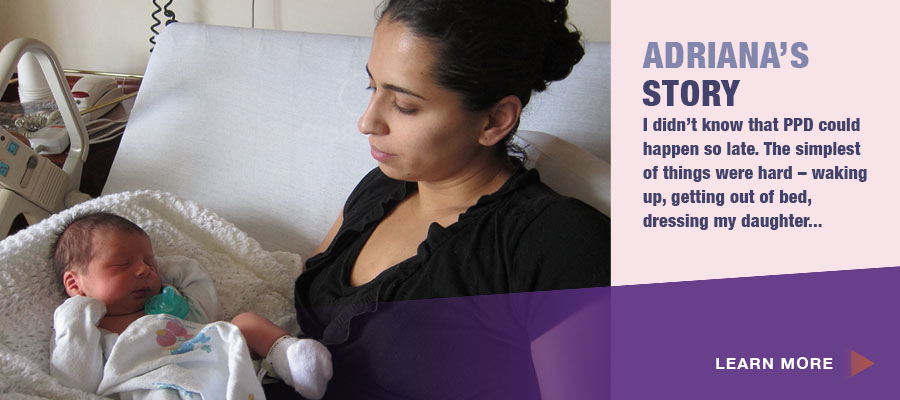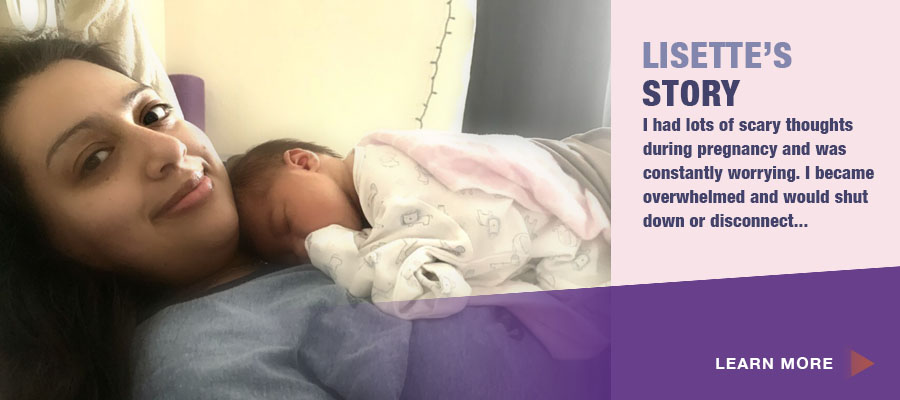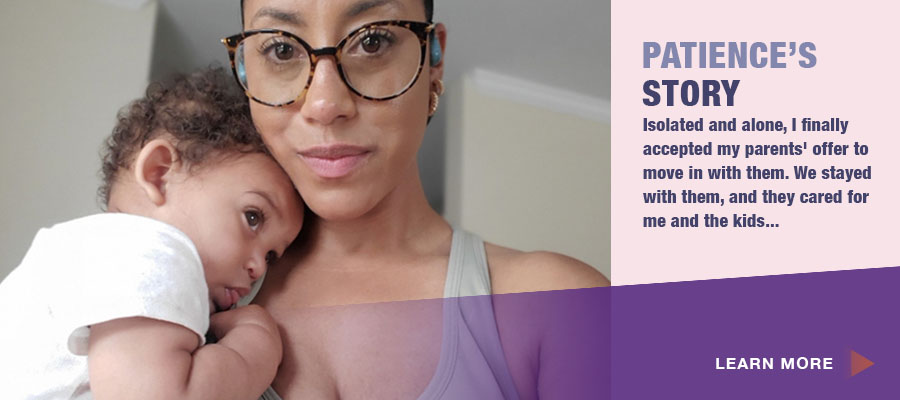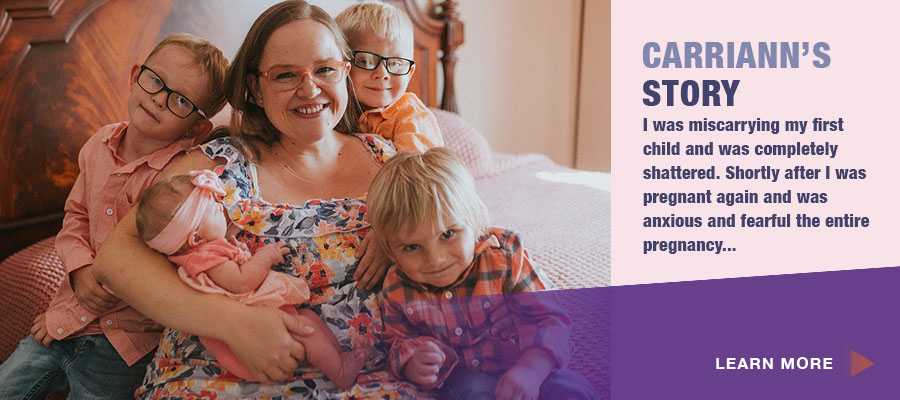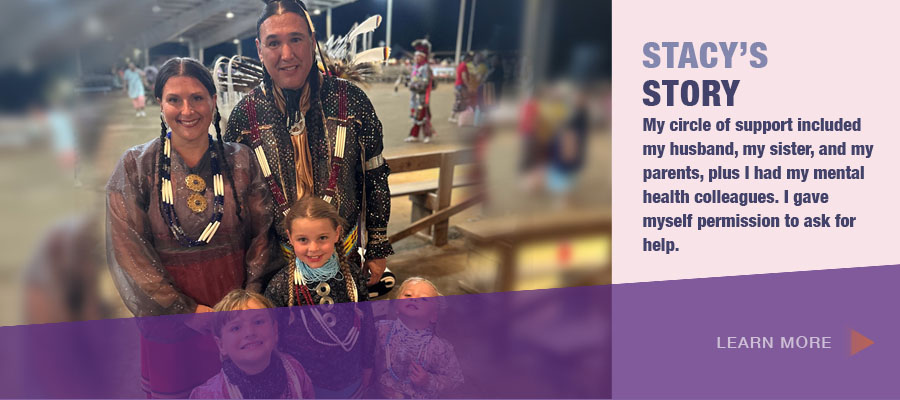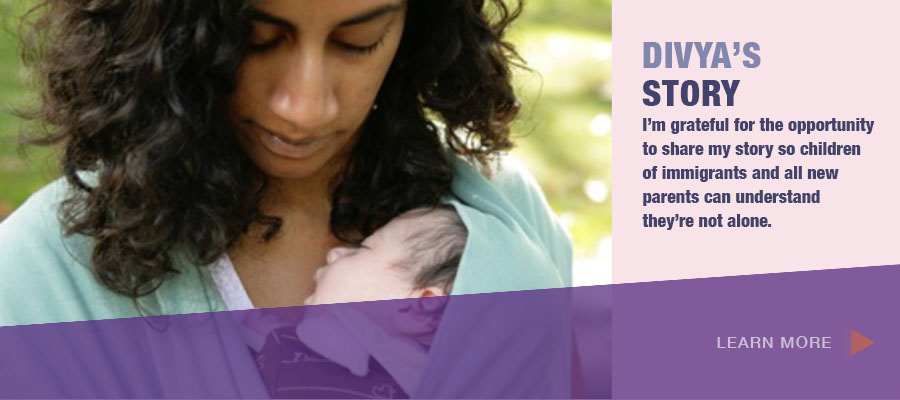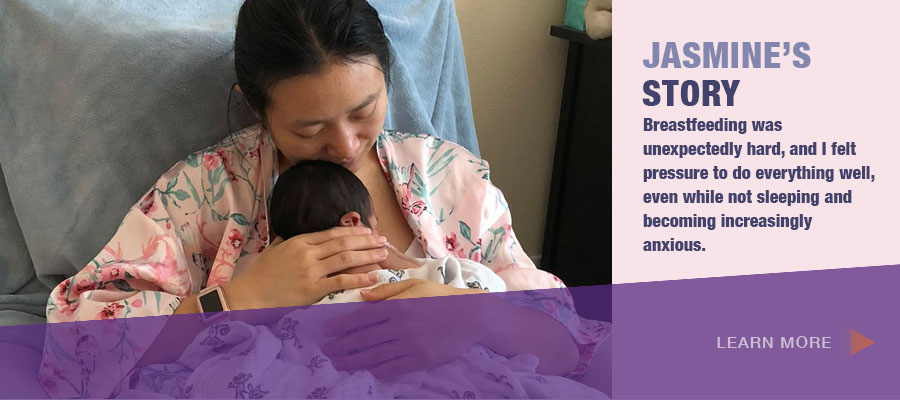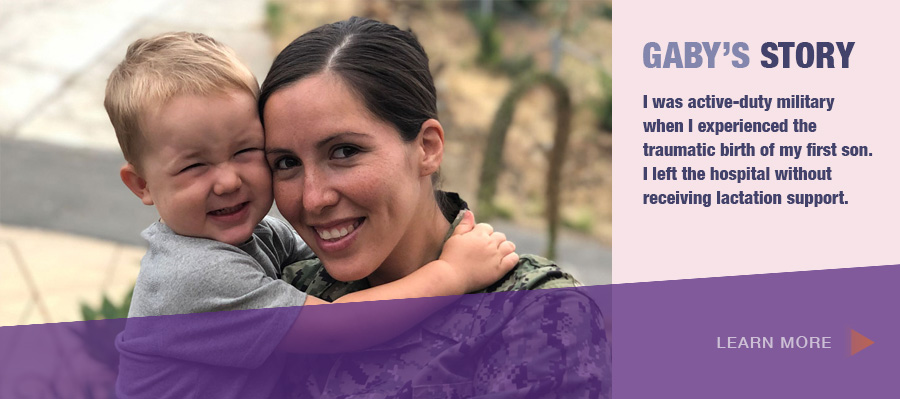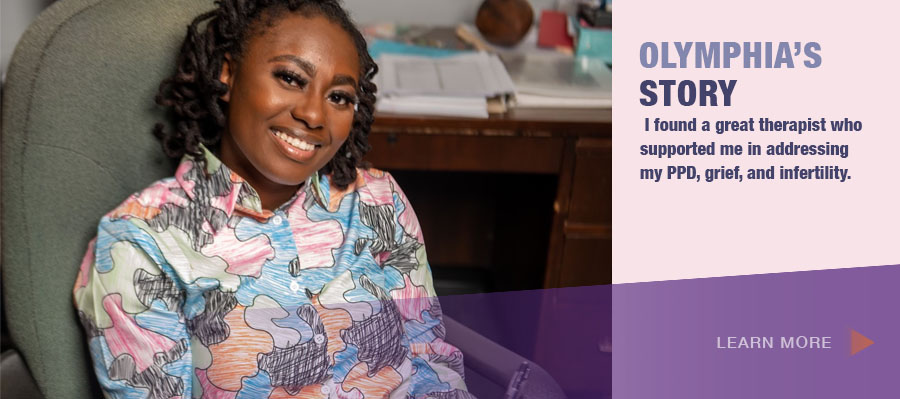Get Help Now. Call 1-833-TLC-MAMA (1-833-852-6262) for 24/7 free confidential support for pregnant and new moms. If you are in mental health distress or have a suicidal crisis, call or text the Suicide and Crisis Lifeline at 988 for free and confidential support.
Trigger Warning: Mentions of mental health distress, self-harm, and suicide.
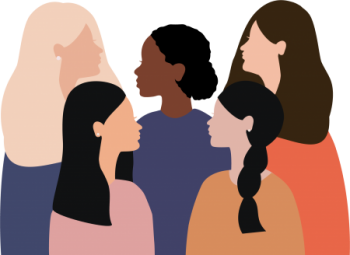 Postpartum depression (PPD) is a common mental health condition that can affect anyone. While it can feel hard or lonely, healing from PPD is possible.
Postpartum depression (PPD) is a common mental health condition that can affect anyone. While it can feel hard or lonely, healing from PPD is possible.
About 1 in 8 women report symptoms of PPD in the year after giving birth. Everyone experiences PPD differently. Feeling sad, anxious, or overwhelmed are some of the signs. You might not feel connected to your baby, or you might not feel love or care for the baby. If these feelings last longer than two weeks, you may have PPD.
To learn more about PPD, including the signs and symptoms, check out our fact sheet.
Start a healing journey
PPD is common and there is help if you are experiencing symptoms or supporting someone who is - explore resources here.
Meet the women. Watch their stories.
Everyone’s PPD journey is different. Hear from women who experienced PPD and found their path toward healing.
While Allison, Clarissa, Emily, Sara, and Shawnette come from different backgrounds, they have one important thing in common: they made the decision to get help for PPD. Watch them discuss their PPD experiences and the ways they found support.
Watch each woman's individual story below
Clarissa's Story
"There are people out there that will help you, and you just have to look for it.” - Clarissa
Sara's Story
"Be strong and find your support system to give you that courage to make the first steps." - Sara
Shawnette’s Story
“I might have went through the worst, but the days are getting better.” - Shawnette
Allison's Story
“I was able to give trust and let go of the little things that I was so anxious about prior.” - Allison
Emily's Story
"I just knew from a couple of other friends having PPD that I needed to do something.” - Emily
About 1 in 8 women report symptoms of PPD
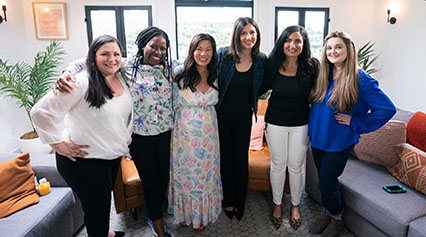
About 1 in 8 women report symptoms of PPD in the year after giving birth. PPD is different for everyone.


